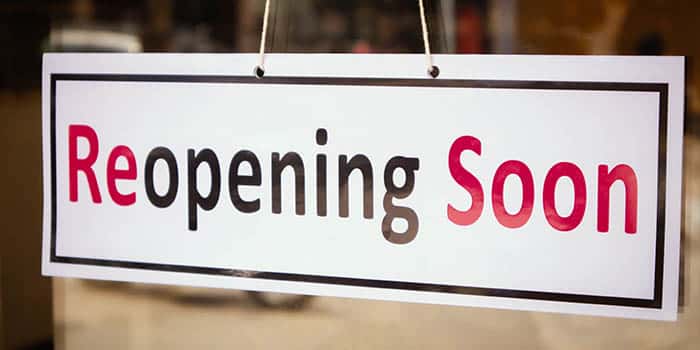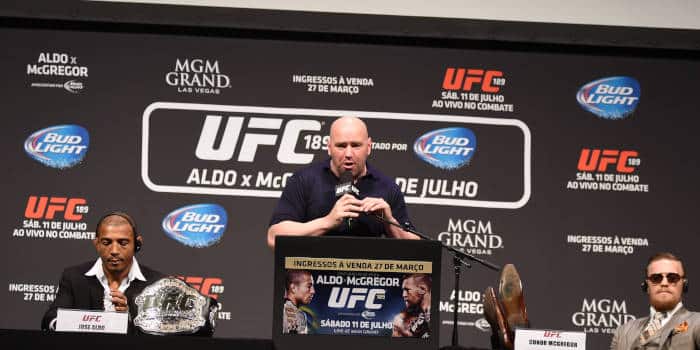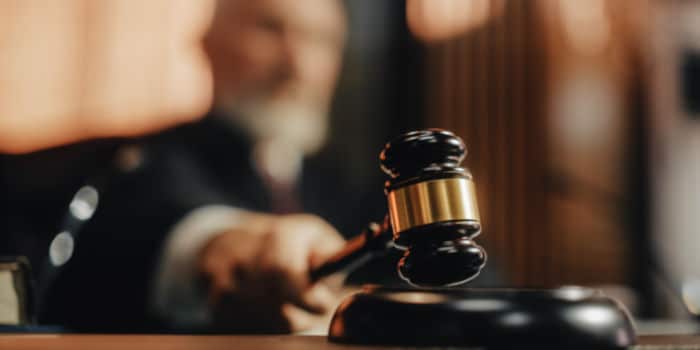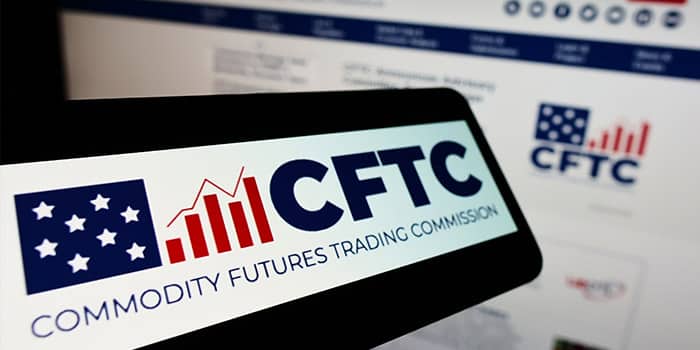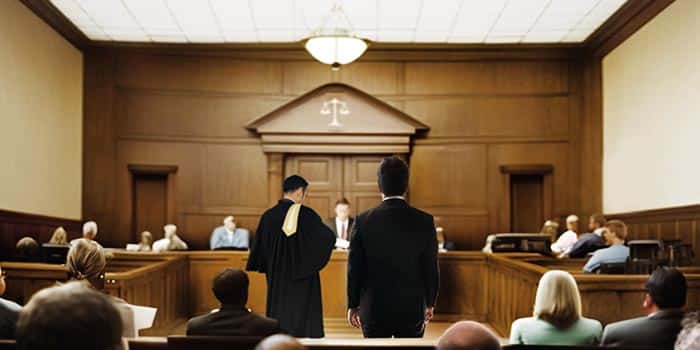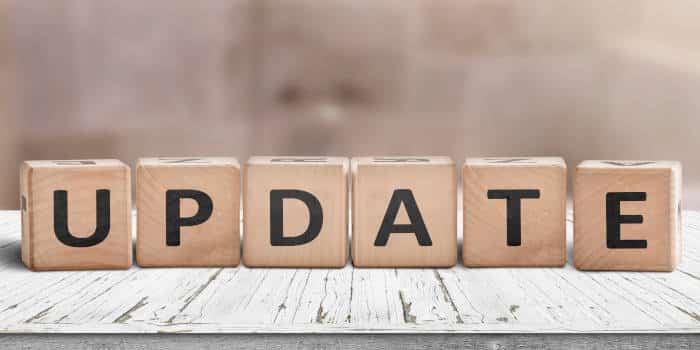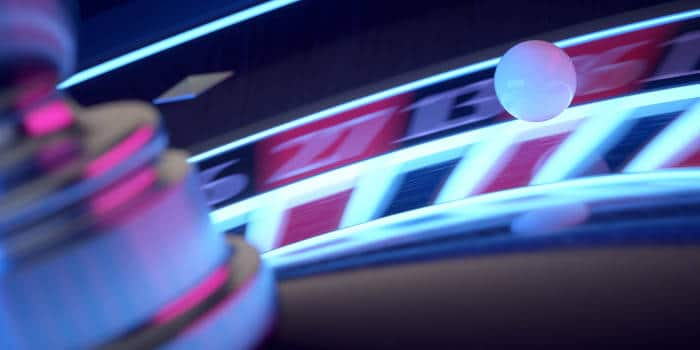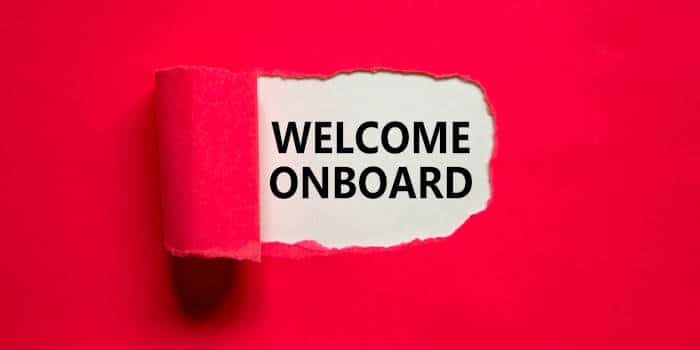- Casino
- By State
- Alabama
- Alaska
- Arizona
- Arkansas
- California
- Colorado
- Connecticut
- Delaware
- Georgia
- Florida
- Hawaii
- Idaho
- Illinois
- Indiana
- Iowa
- Kansas
- Kentucky
- Louisiana
- Maine
- Massachusetts
- Maryland
- Michigan
- Minnesota
- Mississippi
- Missouri
- Montana
- Nebraska
- Nevada
- New Hampshire
- New Jersey
- New Mexico
- New York
- North Carolina
- North Dakota
- Ohio
- Oklahoma
- Oregon
- Pennsylvania
- Rhode Island
- South Carolina
- South Dakota
- Tennessee
- Texas
- Utah
- Vermont
- Virginia
- Washington
- West Virginia
- Wisconsin
- Wyoming
- By State
- Slots
- Poker
- Sports
- Esports
Fact-checked by Stoyan Todorov
Nevada Bill Aims to Stop Fake Ghost Kitchens on Food Delivery Apps
The proposed law would require food delivery platforms to verify that all listed restaurants possess valid health permits from local authorities
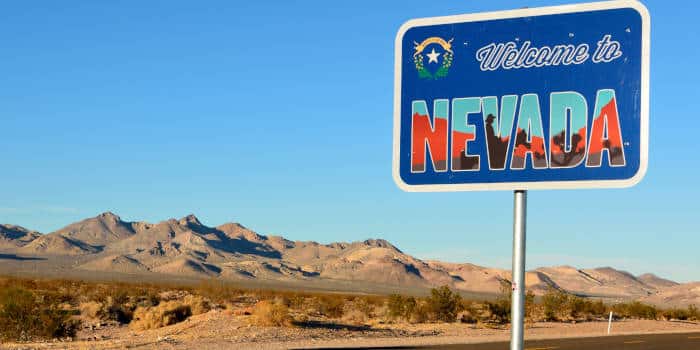
The Nevada Assembly wants tougher rules for food delivery platforms to stop fake “ghost kitchens” that pretend to be real Las Vegas restaurants. Assemblymember Selena Torres-Fossett introduced Assembly Bill 116 (AB 116) to make sure places with proper licenses can use services like Uber Eats and Grubhub.
New Law Would Require Food Apps to Verify Restaurants
The new law would make food delivery platforms check that all restaurants they list have valid health permits from local officials. Platforms that do not follow this rule could face a misdemeanor charge, reported The Las Vegas Review-Journal. People who support the bill say it is needed to keep customers safe from unsafe food and to protect restaurant owners from having their brand stolen.
The problem came to light when famous Las Vegas restaurant owners found unauthorized businesses using their names, logos, and menus on food delivery apps. Chef James Trees of Esther’s Kitchen, a praised downtown Las Vegas restaurant, told about finding a copy of his restaurant on a delivery app. This fake listing offered dishes he does not make at higher prices. Trees, who chooses not to work with any food delivery services to maintain quality, said the fake listing was confusing customers and hurting his restaurant’s good name.
Christina Martin, who owns Manizza’s Pizza, ran into a problem when a customer asked about menu items she did not recognize on a delivery app. She looked into it and found out that a different business was pretending to be hers. Martin stressed that this kind of trick not only hurts business owners but also puts customers at risk.
Restaurants Support Crackdown, Tech Firms Raise Concerns
The bill has gained support from the Nevada Restaurant Association. Peter Saba, senior manager of government affairs, pointed out the risks of ghost kitchens that do not follow rules. He explained that when restaurant listings appear without permission, owners cannot control food quality, prices, or customer service. In the end, this damages their reputation.
However, tech industry spokespersons do not agree with the plan. They say it is not clear how it will be enforced and puts too much pressure on platforms. Jose Torres from TechNet, which speaks for tech firms, slammed the bill’s broad wording. He cautioned that uneven enforcement might result in random penalties for delivery services.
Uber wants changes to lower the penalties from a crime to a top civil fine of $500. They also suggest needing a business license, not a health permit, for checking. However, Torres-Fossett said no to these changes. She insisted they would not stop fake listings.
States like California, New York, Washington, and Florida have put similar laws into action, but these states give out fines instead of criminal charges for breaking the rules. In Nevada, people are still talking about whether AB 116 should do the same thing.
As talks keep going, Assembly Speaker Steve Yeager has asked food delivery companies to give details about how they deal with ghost kitchens right now. At the same time, restaurant owners and customers hope the new law will do a better job of stopping food delivery scams.
Related Topics:
Silvia has dabbled in all sorts of writing – from content writing for social media to movie scripts. She has a Bachelor's in Screenwriting and experience in marketing and producing documentary films. With her background as a customer support agent within the gambling industry, she brings valuable insight to the Gambling News writers’ team.
Must Read
Industry
July 8, 2025
Trump’s Gambling Tax Cap Draws Divided Opinions
More Articles



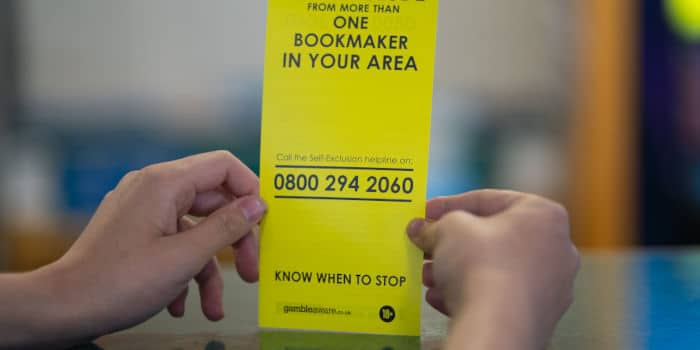
Industry
July 14, 2025
GambleAware Launches Milestone Self-Awareness App
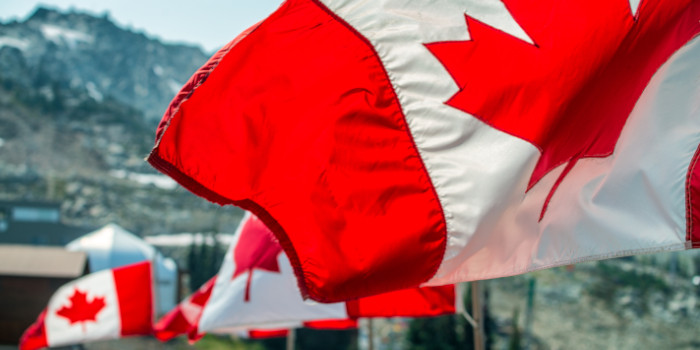
Casino
July 14, 2025
Number of Canadian Travelers to the US Slumps Again

Industry
July 14, 2025
Senate Blocks Attempt to Reverse Gambling Tax Rule




